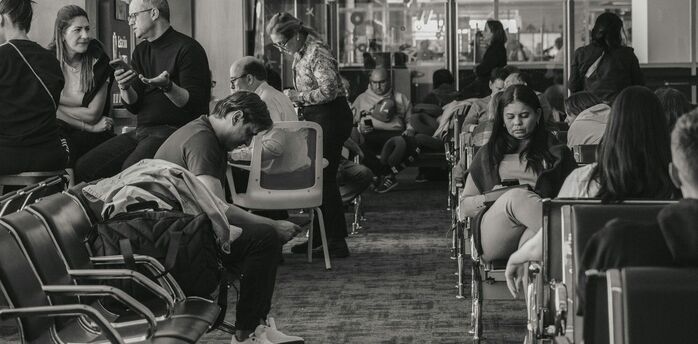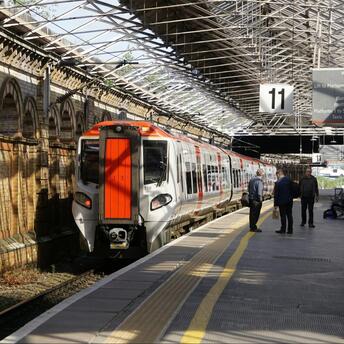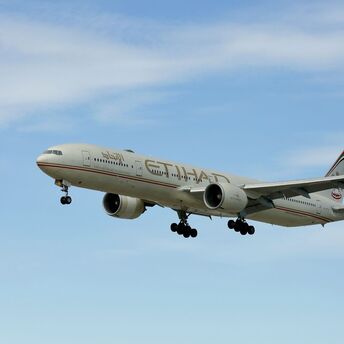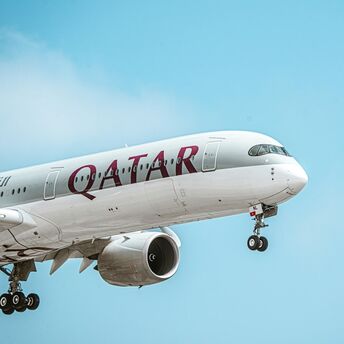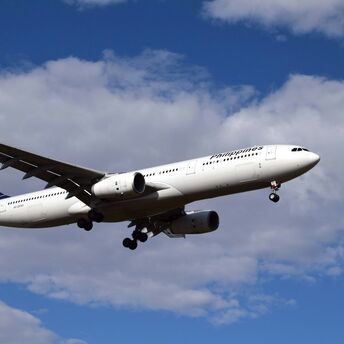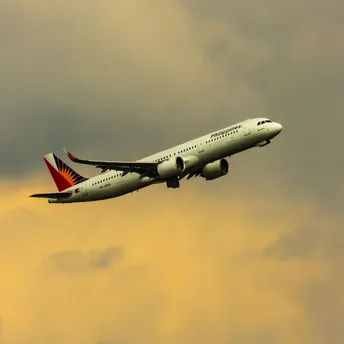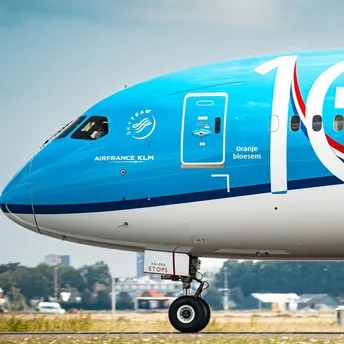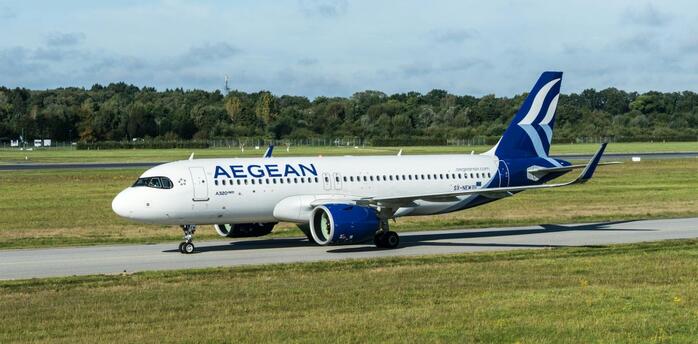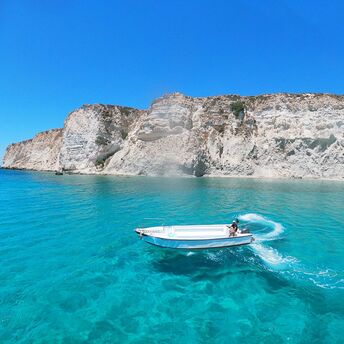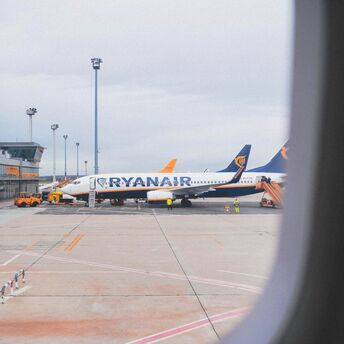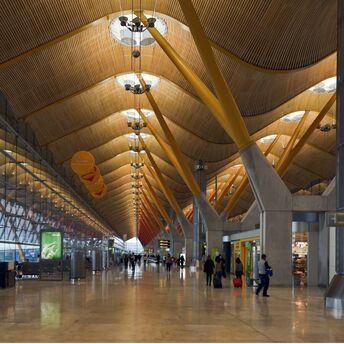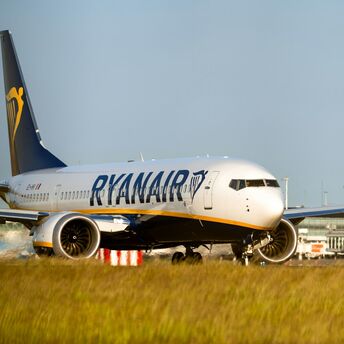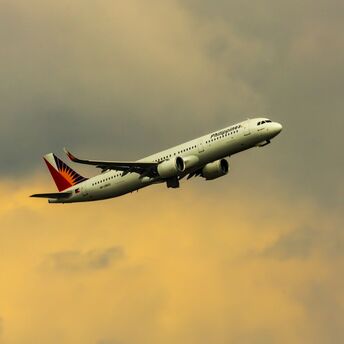Blue Origin Launches Six Tourists to Space After Nearly Two-Year Hiatus
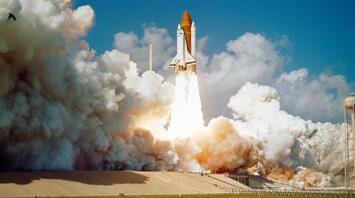
Blue Origin has successfully launched a group of six tourists to the edge of space, marking its first passenger flight in nearly two years following a hiatus caused by a previous uncrewed test flight failure.
The New Shepard rocket and capsule took off at 9:36 a.m. CT from Blue Origin’s private facility in West Texas. This launch, designated NS-25, is the seventh crewed mission for the company founded by Jeff Bezos.
The crew experienced speeds over 2,000 miles per hour, surpassing three times the speed of sound. The capsule crossed the Kármán line, at 62 miles above Earth, where outer space officially begins. Passengers enjoyed a few minutes of weightlessness and breathtaking views of Earth.
This launch follows the successful uncrewed science mission in December, the first flight since the 2022 incident. During that failed mission, the rocket experienced a malfunction at Max Q, a moment of maximum stress. The capsule's abort system activated, allowing it to land safely, while the rocket was destroyed. An investigation revealed that the failure was due to higher-than-expected temperatures in the engine nozzle, prompting design changes and operating adjustments.
The Federal Aviation Administration concluded its investigation on September 27, 2023, requiring Blue Origin to implement 21 corrective actions. The specific details were not disclosed due to proprietary information.
With these changes in place, Blue Origin has resumed its commercial flights, continuing its legacy of successful missions.


